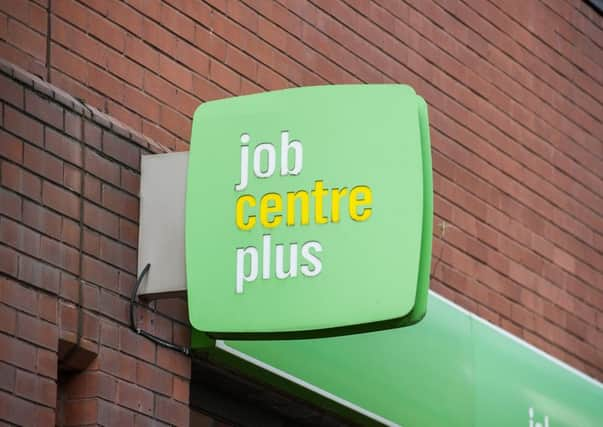Minimum wage must be enforced


Figures published today show 19 employers in Scotland failed to pay workers a total of £35,000.
Not only have they been ordered to make amends, but they have now been named and shamed.
Advertisement
Hide AdAdvertisement
Hide AdAcross the UK, workers at 233 businesses will receive back pay in the latest round of payments totalling around £2 million, while employers have been fined £1.9m in total by the UK government.
Since the scheme was introduced in 2013, 40,000 workers have received back pay totalling more than £6m, with 1,200 employers fined £4m.
Reasons given for failing to pay include deducting money from pay packets to pay for uniforms, not paying workers for overtime hours and paying apprenticeship rates to workers.
Despite dire warnings ahead of its introduction that the minimum wage would sink the British economy, it has been shown to be a progressive idea which has improved the lot of those in low-paid work.
The current rate for those over the age of 25 is £7.50 an hour, almost a pound less than the £8.45 “living wage” – an independently calculated sum based on what employees and their families need to live.
The statutory figure is not an onerous sum, even for the smallest of businesses.
It is often these sorts of businesses which rely on their staff the most and it is a price they should be willing to pay for a happy and committed workforce.
Separate figures published yesterday show Scotland’s employment rate hit a record high in the three months to June, with 2,650,000, people in work.
Advertisement
Hide AdAdvertisement
Hide AdWhile those statistics are to be welcomed, the reality is that many jobs are now short-term and poorly paid. People in these positions often do not have the same rights as those in permanent positions.
That is why the minimum wage is so important and why it is right to expose those who refuse to pay it.
Among the Scottish firms named today are a chip shop, a hairdresser and a mechanic.
These companies do not turn over millions and their profits pale into insignificance against the corporate giants. But they are the lifeblood of the Scottish economy and the treatment of their staff should concern us all.